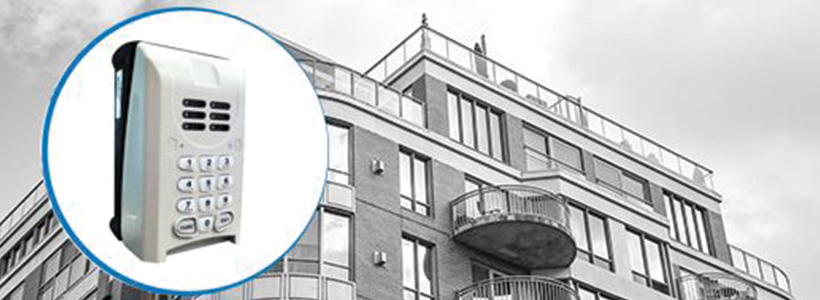In Alberta, landlords and tenants have two primary ways to resolve disputes: the Residential Tenancy Dispute Resolution Service (RTDRS) and the provincial courts.
Each option has its benefits and drawbacks, so the best choice depends on the specifics of the case and the preferences of the applicant. This article provides a general overview of the RTDRS and Alberta courts, highlighting the pros and cons of each method for resolving tenant disputes.
Residential Tenancy Dispute Resolution Service (RTDRS)
The RTDRS is a quasi-judicial tribunal offering a faster, more cost-effective alternative to the traditional court system for resolving tenancy disputes. It was created to handle cases efficiently, reducing the burden on Alberta’s courts.
Pros:
- Cost-effective: Filing a claim with the RTDRS costs only $75, making it an affordable option for both landlords and tenants.
- Faster resolution: RTDRS hearings are usually scheduled within weeks, leading to quicker decisions compared to court cases, which can take months or even years.
- Simplified process: The RTDRS is user-friendly, allowing individuals to represent themselves easily without needing legal counsel.
- Flexibility: Hearings can be conducted in person or over the phone.
Cons:
- Binding decisions: RTDRS decisions are binding and enforceable but do not set legal precedents like court rulings.
- No appeal: Decisions made by the RTDRS cannot be appealed within the service. Appeals must be filed in court within 30 days of the order being issued.
Courts
Alberta’s courts, including the Provincial Court and the Court of King’s Bench, offer a more formal and comprehensive legal process for resolving tenancy disputes. Depending on the dispute’s details and monetary value, a case can be brought before the courts.
Pros:
- Broad jurisdiction: Courts can hear cases of any monetary value and handle more complex disputes that may be beyond the RTDRS’s scope.
- Legal representation: Courts allow legal representation, which can be beneficial in complicated cases or where large sums of money are involved.
- Appeals: Decisions made by lower courts can be appealed to a higher court, offering an additional review layer.
Cons:
- Higher costs: Court proceedings can be significantly more expensive due to legal fees, court costs, and other related expenses.
- Longer timelines: The court process is often much slower than the RTDRS, with cases sometimes taking months or years to resolve, potentially significantly impacting landlords.
- Complexity: The formal procedures of the court system can be daunting for those unfamiliar with legal processes. Due to this complexity, legal representation is often necessary, increasing costs.
Choosing between RTDRS and courts
The choice between the RTDRS and Alberta’s courts depends on the specific circumstances of the dispute. For example, the RTDRS handles cases with claims up to $100,000 and parties are allowed to have legal representation but it isn't a requirement. At the same time, the Alberta Court of Justice also limits cases with claims up to $100,000.
If you're seeking a quick and cost-effective solution, the RTDRS is likely the preferred option. However, the courts may be the better avenue for more complex situations. Ultimately, the decision should be guided by the nature of the tenant dispute and the specific details of the case.
For more information on the RTDRS, including how to apply, please visit the Alberta.ca RTDRS page.
To dive deeper into these topics, watch the CPLEA webinar on this subject. If there are specific areas you’d like to learn more about, let us know through our Course Suggestions page.
This article was updated August 29, 2024.




{ 2 comments…}